For those of us that aren’t a fan of the ‘winter browns’, evergreen plants are an essential part of any garden. Not only do they help provide beauty and shade throughout the year, they bring the COLOR to your winter landscape, hence the name: ‘ever green’. There are many different types of evergreen plants, so it’s important to know which ones will work best for your space before you buy. If you have no idea where to start, consult this quick guide on how to select the best evergreens for your garden.
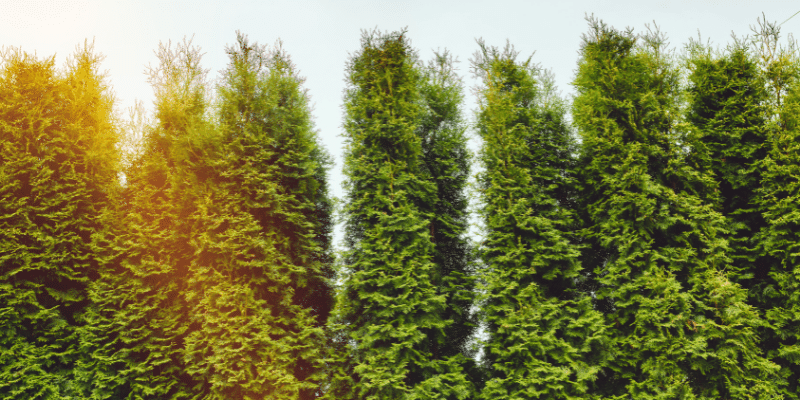
Arborvitae: Evergreen ‘Fences’
These evergreen trees are not only great privacy barriers but they’re also more dense than most other options, meaning more shade can be provided with less plant material. If you’re looking for a ‘living privacy wall’, first ensure that you have enough space. They’ll need a hole that is twice as deep and wide as the root ball, plus two feet in between each plant. For privacy barriers, a couple of good choices include Thuja Full Speed A Hedge™ ‘American Pillar’ and the North Pole® Arborvitae. If you simply want smaller pops of green, try the Tater Tot® Arborvitae or Anna’s Magic Ball® Arborvitae.
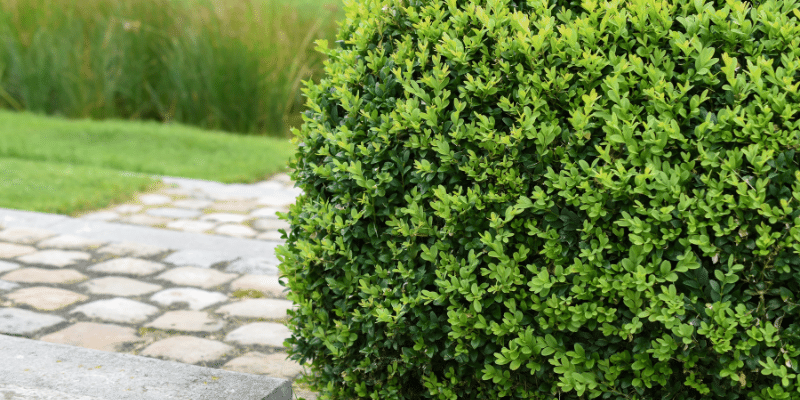
Boxwood: Elegant Evergreen
If you’re looking to add a bit of old-world elegance to your landscape, consider adding boxwood. One of our top evergreen picks? The Green Gem boxwood! It’s an easy-to-care-for shrub that can be used as a low hedge or as a stand-alone plant. Hardy and with beautiful green and gold leaves all year long, you’ll find many uses for it in your home landscaping. This option also has some pest resistance, making it easier on gardeners who don’t have time to combat infestations. It does well under water stress but prefers moist soil.
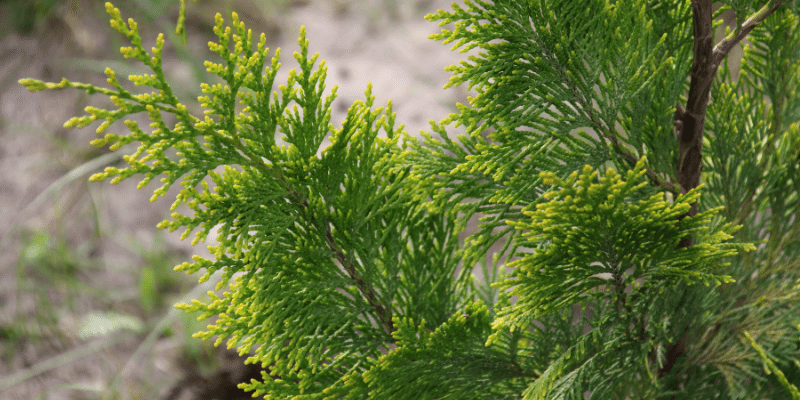
False Cypress
Native to Japan, China and India, false cypress trees (Chamaecyparis pisifera) are super popular in North America. It’s one of more than 100 different species of cypress trees that grow around the world. These trees aren’t firs or cedars; they’re conifers with flattened needles on branches that turn reddish-brown in fall. Due to their mature height, false cypress do well as a hedge or screen plant. They do well in hot temperatures, but need full sun to maintain a healthy color year-round. Since these evergreen plants prefer sandy soil, it’s a good idea to amend clay soils before planting them if possible.
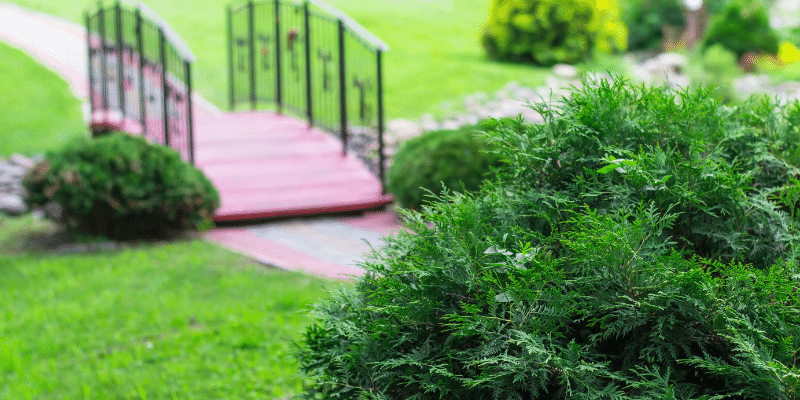
Juniper
The juniper is an evergreen shrub that can grow into a small tree, up to 40 feet tall. Junipers are low-maintenance plants and are available in various sizes. If you want to use them as windbreaks or privacy hedges, consider pruning them. This type of evergreen plant can go almost anywhere in your garden—it will even thrive on poor soil. You might think it’s a good idea to place your juniper near water sources because it’s believed that these trees are often short of water, but remember that junipers don’t do well if they are constantly wet; instead, try placing it where there’s plenty of drainage.
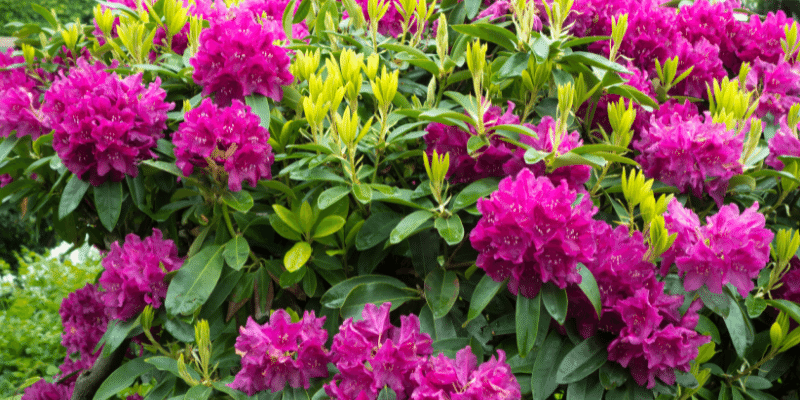
Rhododendron: Flowering Evergreens
Rhododendrons make gorgeous additions to any garden. The bright red, purple, and pink flowers are a striking contrast against green, summer foliage. While rhododendrons are hardy in almost any climate, their care is highly dependent on your region’s winter weather. In colder areas, you’ll need to plant these shrubs in well-drained soil that won’t freeze when temperatures drop below freezing.
Time to (Ever) Green it Up!
Now that you know which evergreens to use in which situation, you can start adding pops of year round color to your space. The truth is that the best evergreen for you is the one you like best.
Want to get started? Check out our collection of evergreen plants and trees and ensure that your winter view includes a healthy dose of green!

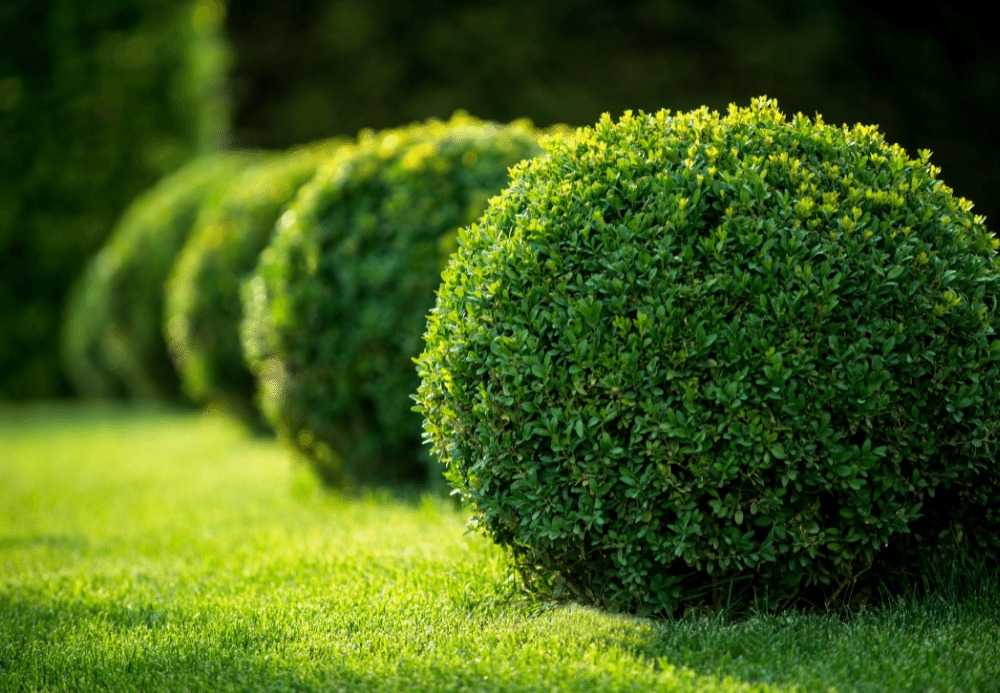
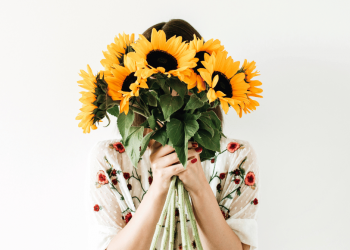
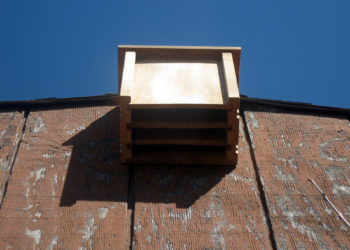
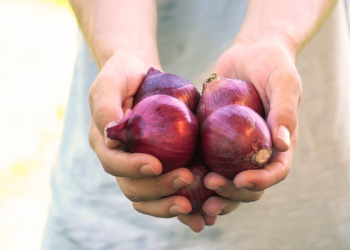
No Comments